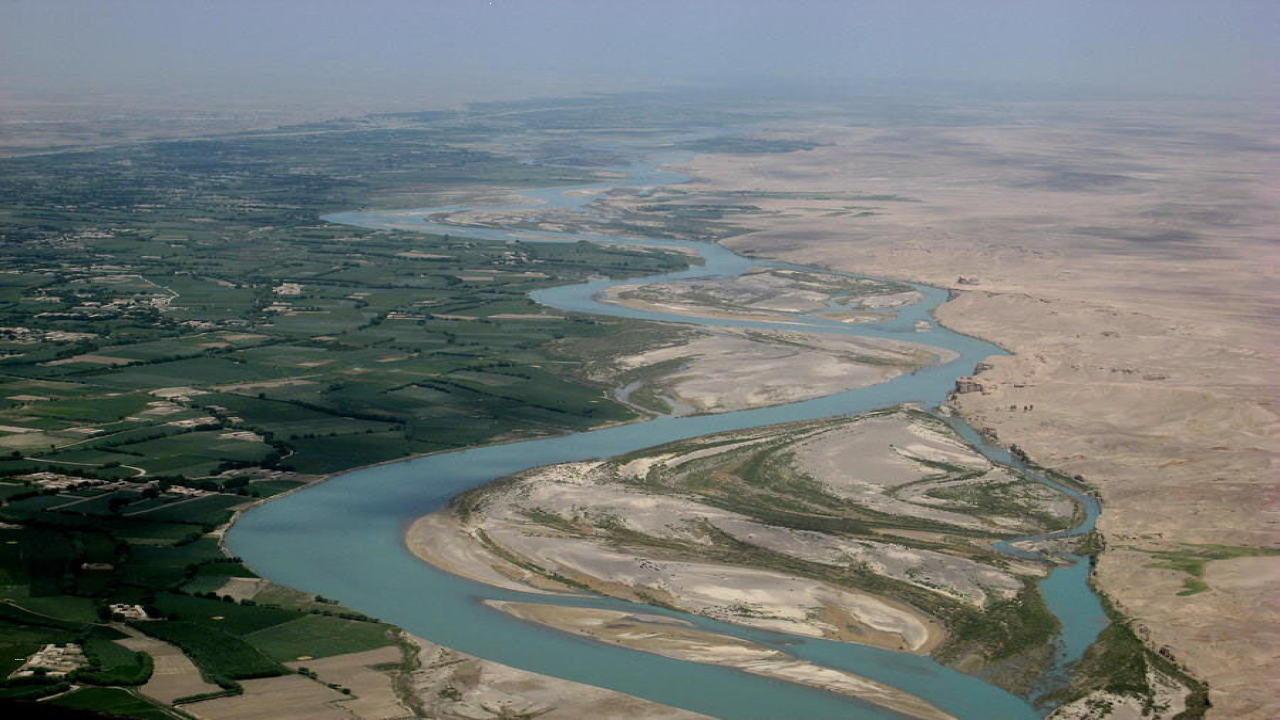Helmand River Dispute
Iran and Afghanistan have been involved in a longstanding conflict concerning the distribution of water resources from the Helmand River. Recent events, including clashes between Iranian and Taliban troops along the border, have further escalated tensions between the two countries.
The Helmand River’s Importance
The Helmand River serves as a crucial water source for both Afghanistan and Iran, supporting agriculture, livelihoods, and ecosystems in the region. Originating near Kabul in the Hindu Kush mountain range, the river flows for approximately 1,150 kilometers (715 miles) before emptying into Lake Hamun, which straddles the Afghanistan-Iran border.
Lake Hamun’s Struggles
Unfortunately, Lake Hamun, once the largest freshwater lake in Iran, has suffered immensely over time. Factors such as drought and the impact of dams and water controls have caused the lake to dry up, resulting in severe environmental and economic consequences for the region.
The Helmand River Treaty and Disagreements
To regulate the allocation of river water, Iran and Afghanistan signed the Helmand River Treaty in 1973. However, the accord was not fully implemented, leading to ongoing disagreements and tensions. Iran has accused Afghanistan of violating its water rights, claiming that it receives significantly less water than agreed upon in the treaty. Afghanistan, on the other hand, attributes the reduced river water volumes to climatic factors such as decreased rainfall.
Tehran-Taliban Relations
Iran and the Taliban have a complex relationship. While Tehran had cultivated good ties with the Taliban before their takeover of Kabul in 2021, incidents at the border have strained their interactions. The Taliban’s unwillingness to honor agreements regarding water rights has added to the tensions. The sustainable resolution of the water dispute requires closer collaboration and information sharing between officials and experts from both countries.
Month: Current Affairs - June, 2023
Category: International / World Current Affairs


